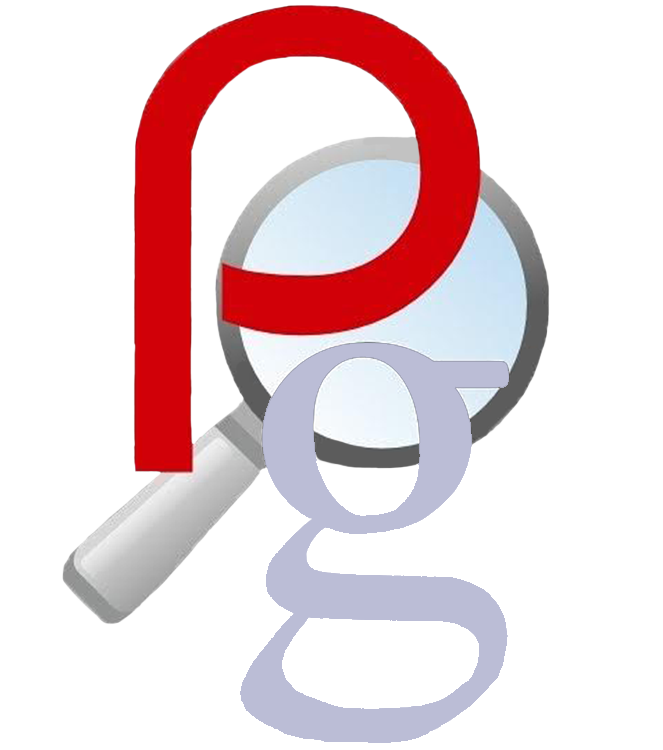Job Description
Under the direction of the Scientific Program Director, the Program Officer is responsible for strategic decision-making and high-level management and monitoring of the program portfolio, funded projects, and program activities (e.g., advisory panels, work group meetings) that advance The Organization’s patient-centered research agenda. The primary responsibilities include providing intellectual and organizational leadership in designing and implementing new processes and initiatives, developing funding announcements, awarding and managing a portfolio of contracts, and evaluating program activities and program portfolio based on strategic direction of program.
Duties & Responsibilities
- Assists Program Director and Chief Science Officer (CSO) in identifying and implementing strategic objectives and directions for program.
- Identifies and manages the development and implementation of program activities (e.g., requests for proposals).
- Collaborates with CSO’s office, staff from other ORGANIZATION Science programs, as well as Engagement, Communications, and Contracts Management staff in implementing program activities.
- Manages the work of and provides training for program associates, coordinators, interns, administrative assistants, and consultants, as assigned by the Program Director and/or Managing Director.
Portfolio Management
- Follows The Organization’s processes for generating and prioritizing the topics identified for the program.
- Identifies and manages the design and implementation of activities related to the development of program-specific ORGANIZATION funding announcements (e.g., convening workgroup and advisory panels meetings, working with external organizations including government organizations)
- Develops, with assistance from ORGANIZATION staff, consultants, and external organizations, program-specific ORGANIZATION funding announcements.
- Monitors and supports The Organization’s processes for reviewing and awarding applications received through the ORGANIZATION funding announcement process.
- Monitors awardees’ attainment of contract milestones and advises awardees on the execution of their contracts.
- Participates in meetings, conducts site visits, reviews awardee progress reports, and implements learning networks or conferences as part of overall responsibility for managing program contracts.
- Evaluates the program’s portfolio to ensure balance and to identify need for modification of strategic funding directions and opportunities.
- Advises potential applicants regarding their applications and the application process.
- Organizational Responsibilities and Contributions:
- Represents ORGANIZATION publicly regarding program direction, program funding, and the application process and award results.
- Participates in conferences, seminars, and other professional development activities to maintain and enhance expertise and professional status.
- Leads, contributes to, and participates in internal groups and teams and crosscutting initiatives, including supporting efforts of the Methodology Committee. Carries out other responsibilities as assigned by ORGANIZATION management.
- Keeps Program Director and team appraised of developments and occurrences in the field that are likely to affect program decision-making, strategies, and/or award decision-making.
- Desired Skills & Experience Required Skills
- Strong written and verbal communication skills, which may include previous success in publishing first-authored scientific papers in peer-reviewed journals;
- Able to synthesize material and focus quickly on the essence of an issue; to identify major opportunities in a specific area; to see the big picture;
- Strong oral presentation skills
- Strong project and people management skills
Personally motivated to support The Organization’s mission and goals; to work independently and in teams to think imaginatively about opportunities; to create and respond to innovative approaches to addressing an issue; to inspire others to work towards achieving team goals while being tolerant of ambiguity and change
Outstanding interpersonal and teamwork skills; collegial, energetic, able to develop productive relationships with colleagues, awardees, consultants, external funders, and others who contribute to program development and management
- Sound judgment and maturity, exemplified by consistent professionalism in dealing with individuals at all levels, both internally and externally;
- Ability to make decisions, justify recommendations, and is responsive and clear with funding announcement applicants
- Ability to travel, as required, including for site visits and representing ORGANIZATION at external meetings;
- Proficient in the use of technology.
- Ability to link organizational goals to individual department mission and activities
- Ability to envision innovative solutions
Required Experience
Doctoral degree plus minimum of two (2) years of experience in a research discipline relevant to patient-centered outcomes research (e.g., clinical epidemiology, health services research, sociology, psychology, health policy, bio-statistics, economics, education or health education) or a Master’s degree in relevant field (e.g., MPH, MPA, MPP; or MBA) plus minimum of seven (7) years of experience preferred. Applicants with advanced academic or professional credentials, extensive years of relevant health research experience and experience working in a funding organization/agency may be considered for Senior Program Officer roles. A combination of education and experience may be substituted for the education for both the Program Officer and the Senior Program Officer.
Proven track record and leadership potential in at least one of The Organization’s program areas; extensive experience plus proven leadership for specific area of knowledge and one or more of The Organization’s program areas; extensive experience plus proven leadership in a funding agency/organization; and/or extensive experience and proven leadership in program and staff management.
Experience handling and managing multiple priorities effectively; must be adept at organizing time efficiently; high tolerance for ambiguity; ability to understand and work effectively with ORGANIZATION staff members.
